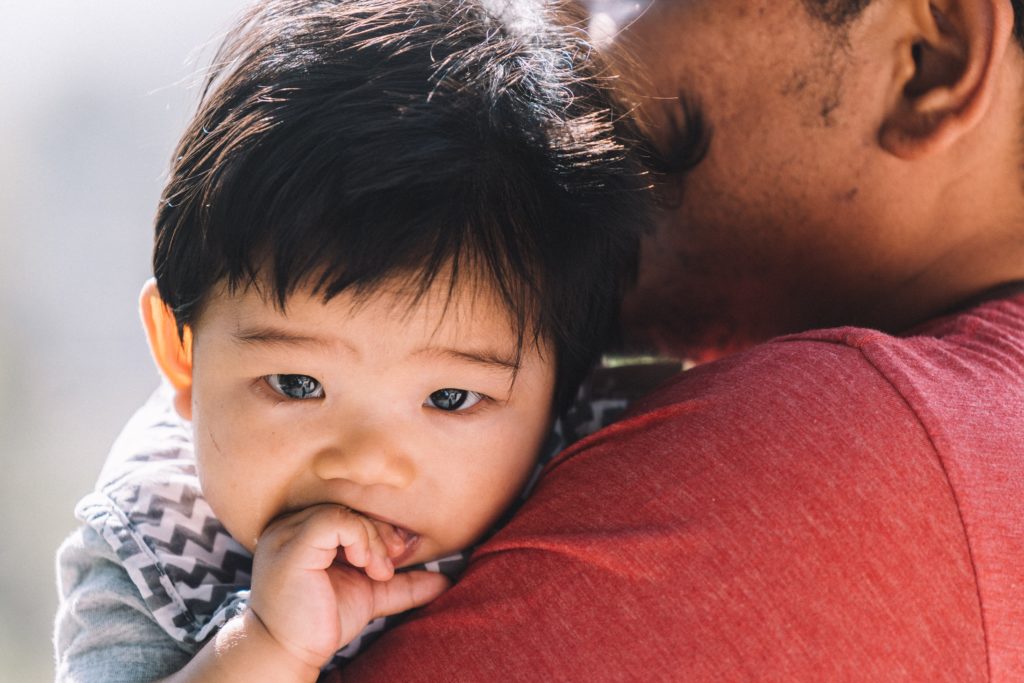With Early Relational Health (ERH) gaining momentum in pediatrics, policy, and practice, we are excited to present the Perspectives on Early Relational Health series and accompanying video discussion guides. The series features four conversations among a diverse group of parents, pediatricians, researchers, and service providers about all parts of ERH and the discussion guides provide foundational questions for deeper reflection of the concepts explored within the video series.
About the Videos
The series dives deep into how ERH can be understood and embodied by practitioners and parents. Topics include:
- Why is ERH essential to child and family health?
- What are parents telling us about healthy, nurturing relationships?
- Where changes are happening within child health systems?
- How does ERH intentionally focus on health equity and anti-racist framing?
ERH is defined as the state of emotional well-being that grows from the positive emotional connection between babies and toddlers and their parents when they experience safe, stable, and nurturing relationships with each other. Early Relational Health is foundational to children’s healthy growth and development and parents’ sense of competence, connection, and overall well-being. These resilient and enduring relationships also help to protect the family from the harmful effects of stress.
The first video in the series features David Willis, MD, who is a Senior Fellow at the Center for the Study of Social Policy, and MaryEtta Callier-Wells, who is a Parenting Program Supervisor, Lead Educator and Facilitator at Self Enhancement, Inc. They introduce the basic principles and framework of ERH, explore the importance of positive and nurturing relationships, and lay the foundation for the following videos.
The second video captures a conversation between Dipesh Navsaria, MD, an Associate Professor of Pediatrics, School of Medicine and Public Health and Clinical Associate Professor of Human Development and Family Studies, School of Human Ecology at the University of Wisconsin–Madison, and Andy Garner, MD, a pediatrician and Clinical Professor at Case Western Reserve University. They explore the implications of introducing ERH, marked by its clear strengths-based approach, to the existing deficit-based prevention models for toxic stress and adverse childhood experiences (ACEs). Considering the broader impact of ERH, they discuss holistic health care, advocacy agendas, and responsiveness to parents as pediatrics undergoes this transformational paradigm shift.
The third video follows David Willis and Dr. Junlei Li, Co-Chair, Human Development and Education Program and Saul Zaentz Senior Lecturer in Early Childhood Education at the Harvard Graduate School of Education, as they discuss the relational aspects of ERH. They explore responsive care across cultural contexts and dive into how ERH is a state of emotional well-being for both parents and young children. They emphasize the powerful experiences that parents, infants, and toddlers have in the moments of connection that build ERH. Beyond the caregiver and baby, Li and Willis include the importance of wider social and family connections.
The fourth and final video in the series follows Dayna Long, MD, Pediatrician and Co-Director, Center for Child and Community Health, UCSF Benioff Children’s Hospital Oakland, Nai Pharn Ajero, Health Education Coordinator at UCSF Benioff Children’s Hospital Oakland, and Jerome Traylor, a parent whose children receive care at Benioff Children’s Hospital. They address how to apply ERH in practice. Their conversation includes a look into UCSF’s Resiliency Clinic and some of the ways in which ERH represents a community feedback loop between families and providers. Concluding the video series with a parent’s perspective helps to captures the concepts discussed throughout the four videos in a tangible example of what ERH looks like in real life.
Using the Discussion Guides
Early viewers of the Perspectives on Early Relational Health videos told us they were interested in using them to prompt discussion with their teams, with parents, or with community members. In response to that interest, we developed a Discussion Guide for each video to support those who want to have a discussion to deepen each person’s understanding of ERH and think together about how to apply these ideas in their work or in their lives.
Whether at a staff meeting, a conference session, a professional development day, or a community meeting, the Guide presents questions that are relevant for different types of groups and can be selected and adapted as needed to promote discussion of the videos and about what can be done differently, individually or collectively, in order to support ERH. Some of the questions can also be used to prompt one-on-one discussion with a parent or in supervision. For groups that are interested in going further with applying ERH into practice, CSSP’s ERH Community Mapping Tool helps explore how your community is currently supporting ERH and lays out a template for an action plan that can help you do even more.
It is our hope that the video series and the discussion guides will inspire viewers to think in new ways and challenge themselves and one another to find ways to name and advance ERH in their own practice, supporting families as they nurture foundational early relationships. We also hope you will let us know how you end up using the videos, Discussion Guides, and action plans and the kinds of conversation or activities they prompt. Please send an email to ERH@cssp.org to tell us all about it!
